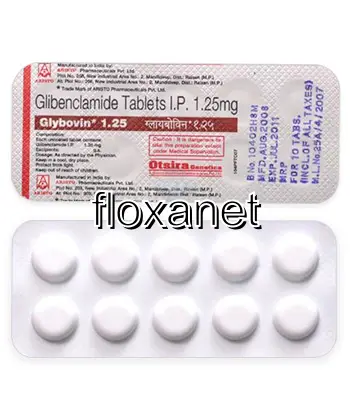| Package | Dosage | Price | Price per Dose | |
|---|---|---|---|---|
| Dosage: 2,5mg | ||||
| 360 pill | 2,5mg | €216.21 | €0.60 | |
| 180 pill | 2,5mg | €116.33 | €0.65 | |
| 120 pill | 2,5mg | €83.42 | €0.69 | |
| 90 pill | 2,5mg | €68.15 | €0.75 | |
| 60 pill | 2,5mg | €49.34 | €0.82 | |
| 30 pill | 2,5mg | €29.37 | €0.98 | |
| Dosage: 5mg | ||||
| 360 pill | 5mg | €190.36 | €0.53 | |
| 180 pill | 5mg | €110.45 | €0.61 | |
| 120 pill | 5mg | €77.55 | €0.65 | |
| 90 pill | 5mg | €61.10 | €0.68 | |
| 60 pill | 5mg | €42.29 | €0.71 | |
| 30 pill | 5mg | €24.67 | €0.82 | |

Glibenclamide Description
Overview of Glibenclamide
Glibenclamide, also known as glyburide, is a medication primarily used to manage type 2 diabetes mellitus. It belongs to the class of drugs called sulfonylureas. This medication helps control blood sugar levels by stimulating the release of insulin from the pancreas. Proper blood sugar control is essential to prevent complications associated with diabetes, such as nerve damage, kidney problems, and cardiovascular diseases. Patients often turn to Glibenclamide as part of a comprehensive diabetes management plan that includes diet and exercise.
How Does Glibenclamide Work?
Glibenclamide works by closing potassium channels in the pancreatic beta cells. This action causes an increase in calcium influx inside these cells, which triggers the release of insulin. The increased insulin release helps lower blood glucose levels, making it effective for patients whose bodies still produce some insulin. Since the drug depends on functioning pancreatic cells, it is most suitable for type 2 diabetes rather than type 1. Its mechanism of stimulating insulin secretion makes it a potent medication but also necessitates careful monitoring to avoid hypoglycemia.
Benefits of Using Glibenclamide
Many patients find Glibenclamide effective in reducing high blood sugar levels. Its benefits include ease of use, as it is usually taken orally once or twice daily. The medication can help improve glycemic control, which is vital in reducing the risk of diabetes-related complications. It is often prescribed for patients who are newly diagnosed or those who require additional control despite lifestyle modifications. Additionally, Glibenclamide has been in medical use for decades, which provides a solid understanding of its efficacy and safety profile when used appropriately.
Potential Side Effects and Risks
Like all medications, Glibenclamide carries potential side effects. The most common is hypoglycemia, which occurs if blood sugar drops too low. Symptoms include sweating, dizziness, confusion, and in severe cases, loss of consciousness. Other side effects may include weight gain, gastrointestinal discomfort, and allergic skin reactions. It is important for patients to be aware of these risks and to monitor their blood sugar levels regularly. Patients with kidney or liver issues may require dose adjustments or alternative therapies due to increased risk of adverse effects.
Importance of Medical Supervision
Using Glibenclamide responsibly requires supervision by a healthcare professional. Regular check-ups help track the medication's effectiveness and detect any side effects early. Patients should inform their doctor about all other medications they are taking, as interactions can occur, especially with other drugs that influence blood sugar levels. Additionally, healthcare providers can advise on proper diet, physical activity, and blood sugar monitoring to maximize the drug’s benefits and minimize risks.